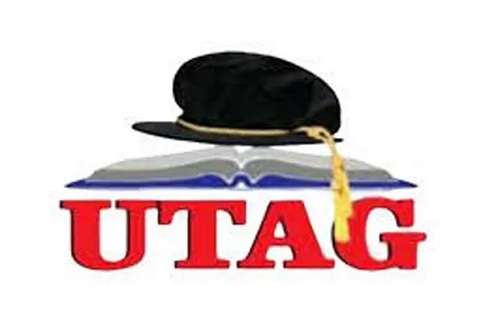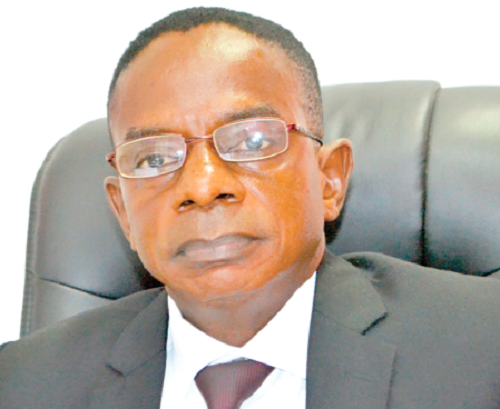The Audit Service has firmly rejected allegations made by the University of Ghana branch of the University Teachers Association of Ghana (UTAG-UG), which criticized the Service’s handling of a recent audit report.
UTAG-UG had accused the Auditor-General of violating professional procedures and ethical standards in relation to a special audit conducted on the University of Ghana’s compensation structure.
In a detailed rebuttal, the Audit Service described the claims by the Association as unfounded and urged the public to disregard them.
It emphasized that its work is conducted under internationally recognized auditing protocols, including the International Standards for Supreme Audit Institutions (ISSAIs), as well as domestic legal frameworks such as the 1992 Constitution, the Public Financial Management Act, 2016 (Act 921), and the Audit Service Act, 2000 (Act 584).
“It must be stated clearly that our reports are not generated as a tool to disallow payments of legitimate claims from any institution, rather they serve as a tool to correct instances of lack of adherence to financial laws and controls to avoid wastage in public institutions; thus helping the country make some savings that could otherwise have been misappropriated or misdirected.”
Audit Service
In an official statement issued, the Audit Service further clarified that its approach is grounded in collaboration with audited institutions.
Citing Section 29 of the Audit Service Act, 2000, the Service noted that routine engagement between auditors and the management of audited bodies is standard practice.

The Service revealed that in the case of the University of Ghana audit, multiple interactions occurred between the audit team and the university’s management regarding compensation payments.
The Service noted that it was misleading for the Association to claim that the University of Ghana had been left out of the auditing loop.
It stated that concerns were raised with the university during the process and that appropriate responses were received before the final audit certificate was issued.
Audit Service Assures Transparency
In the middle of the growing controversy, the Audit Service reaffirmed its commitment to the principles of good governance, which include transparency, accountability, and probity in the management of public finances.
The Service added that all audits are conducted in a professional manner under a strict code of ethics centered on independence, objectivity, credibility, and trust.

UTAG-UG had earlier expressed discontent with the release and content of the special audit report, suggesting that the process was not only flawed but also intended to portray the university in a negative light.
However, the Service insisted that all reports submitted to Parliament are not only lawful but also publicly available to promote openness.
The statement clarified that the special audit report in question focused on disallowed expenditures and savings made through payroll verification.
It also explained that the Service typically receives requests from government-subsidized institutions—including the University of Ghana—for verification in line with Regulation 91(3) of the Public Financial Management Regulations, 2019 (L.I. 2378).

“An approved certification is issued by the Service after a diligent verification process, and the same is submitted to the Ministry of Finance before any payments are made. Any payroll amounts not certified by the Service as a result of a lack of financial clearance, unapproved allowances, or other reasons by the Ministry of Finance are disallowed and recorded as savings on payroll to the Government.”
Audit Service
The Service emphasized that these savings are part of its mandate to assist the government in minimizing financial inefficiencies. It asserted that the process is always accompanied by discussions and validation from the entities concerned, including university administrators.
Accordingly, the Audit Service called on the public to rely on verified and objective information regarding the audit process and disregard the assertions made by the UG branch of the University Teachers’ Association of Ghana
It also reminded Ghanaians that all reports submitted to Parliament under Article 187(5) of the 1992 Constitution and Section 23(1) of the Audit Service Act are available on its official website for public review.
READ ALSO: Akrobeto Survives Ghastly Accident


















